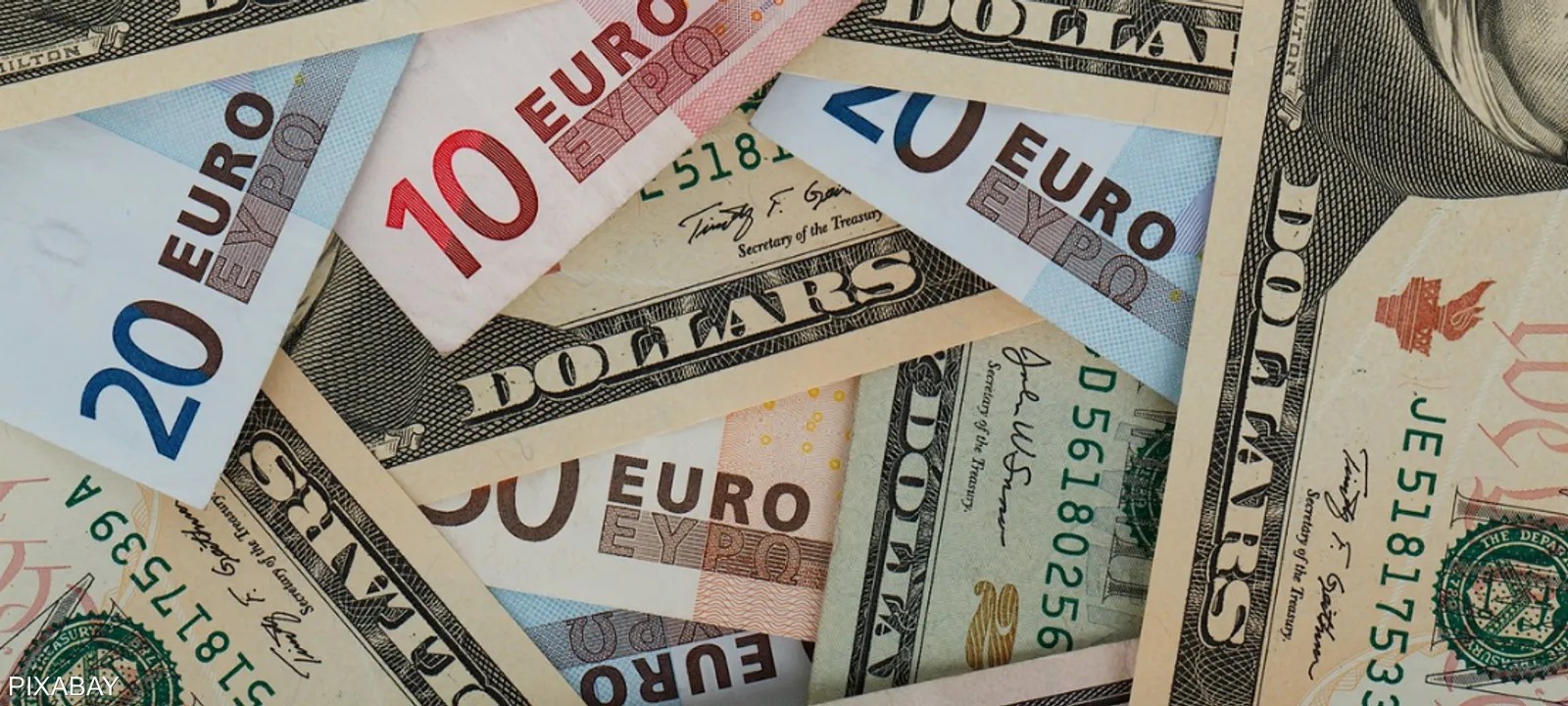The US dollar retreated from recent highs on Tuesday, while benign regional inflation data weighed on the euro ahead of this week's European Central Bank policy meeting.
The US Dollar Index is currently trading at 102.872, down 0.2%, but still near a two-month high and close to the important 103 level. According to Investing analyst Gunay Kaymaz, the 102.7 and 103.3 levels are very important for the greenback and a break of them would be a great bullish opportunity.
The index is still up 2.3% over the past month, on track to end a three-month losing streak.
Dollar retreats from highs
The US currency has been in demand in recent weeks as employment and inflation readings have spurred bets that the pace of interest rate cuts by the Federal Reserve will slow, after the central bank cut rates by a massive 50 basis points in September and announced the start of an easing cycle.
Federal Reserve Governor Christopher Waller reinforced that idea on Monday, calling for more caution on future rate cuts. Waller said the central bank should only cut rates gradually in the coming months.
The U.S. economic calendar is relatively quiet on Tuesday, but there are more Federal Reserve speakers to hear from, including FOMC members Mary Daly and Raphael Bostic.
The CME Fedwatch Fedwatch indicator showed that traders were pricing in an 86.8% chance of a 25 basis point rate cut in November, and a 13.2% chance that rates would remain unchanged.
Euro falls ahead of ECB meeting
In Europe, EUR/USD traded 0.2% lower at 1.0892, after more regional inflation data pointed to further interest rate cuts by the European Central Bank, starting on Thursday.
French consumer prices fell more than initially expected in September, according to data released earlier Tuesday, with the headline harmonized annual CPI revised down to 1.4%, its lowest level since early 2021.
Spanish consumer prices also fell well below the European Central Bank's target of 2.0%, while German wholesale prices fell 1.6% in September compared with the same month last year, suggesting that underlying price pressures in the euro zone's largest economy are muted.
The European Central Bank has already cut interest rates twice this year, and a 3.5% deposit rate cut later this week has been almost fully priced in by financial markets.
“The euro is losing ground ahead of Thursday’s ECB meeting and has now made a decisive break below 1.090,” analysts at ING said in a note. “The return of the interest rate differential with the US dollar is clearly driving a shift in EUR/USD strategic positions, with CFTC data showing net longs have fallen from 13.5% to 5.9% of open interest since early September.”
GBPUSD rose 0.1% to 1.3070, after the UK unemployment rate unexpectedly fell to 4% in August from 4.1%, indicating underlying strength in the labour market.
However, the drop in average earnings data opens the way for further rate cuts when the Bank of England meets in November, provided Wednesday's consumer inflation data does not surprise significantly upwards.
Yuan under pressure
The yuan rose 0.4% to 7.1156, with the yuan under pressure amid uncertainty surrounding China’s plans to deliver fiscal stimulus, with the finance ministry failing to provide key details on the planned measures – specifically their size and timing.
Sentiment toward China has also been dampened by a series of weak economic readings. Data on Monday showed China’s trade balance contracted more than expected in September amid a sharp slowdown in export growth, while previous readings had shown inflation continuing.
The Japanese yen fell 0.4% to 149.11, with the yen recovering slightly after the pair threatened to breach the 150 resistance level.






































